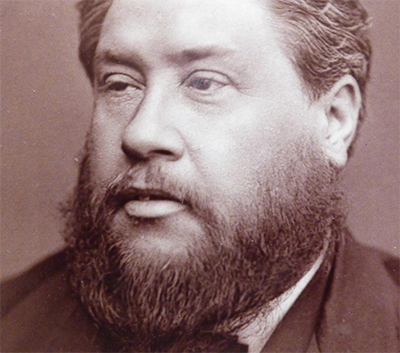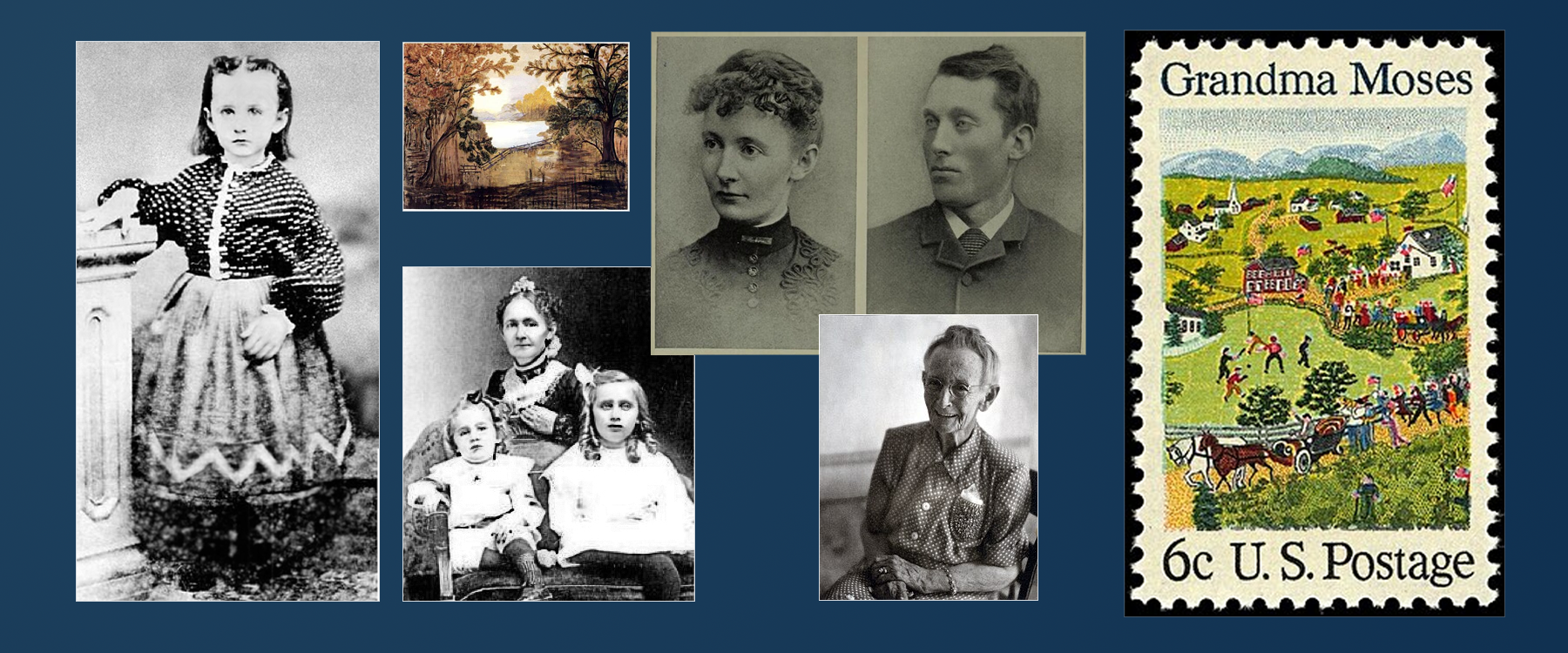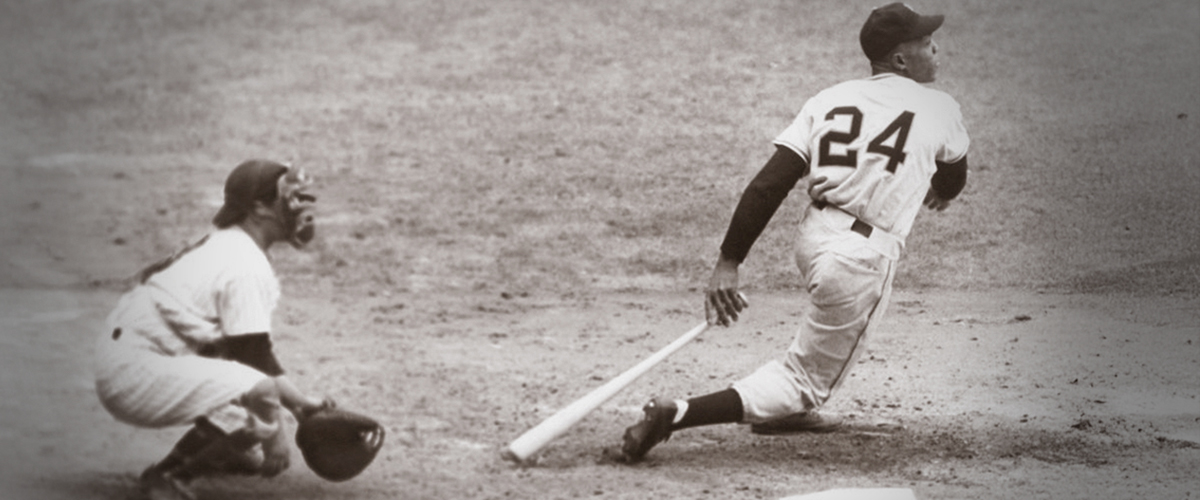 In his sermon Songs in the Night, Charles Spurgeon said…
In his sermon Songs in the Night, Charles Spurgeon said…
“It is easy to sing when we can read the notes by daylight; but he is the skillful singer who can sing when there is not a ray of light by which to read — who sings from his heart, and not from a book that he can see, because he has no means of reading, save from that inward book of his own living spirit, whence notes of gratitude pour forth in songs of praise.”
This is what hope does. It gives us a song to sing, even when the night is long, even when the light is dim.
While languishing in a Roman prison cell, Paul wrote some of the most optimistic, forward-looking words in all of Scripture.
Everything that has happened to me here has helped spread the Good News…
Because of my imprisonment, many of the Christians here have gained confidence and become more bold…
I will continue to rejoice. For I know that as you pray for me and as the Spirit of Jesus Christ helps me, this will all turn out for my deliverance…
For to me, living is for Christ, and dying is even better… (Philippians 1:12-21)
These aren’t the words of a defeated man. He was clearly convinced that the best is yet to come. He believed this because he believed in a God that is good. And powerful. And merciful. And loving.
If this is our God, how is it possible not to be filled with hope?
Maybe, for a while, your days are dark and your nights are long … maybe there is no ray of light by which to read … this is the time to cling to the message of the coming season: We have reason to hope because Christ has come into the world bring peace and goodwill to all who will receive it.
And, as Paul reminds us, hope does not disappoint. It’s worth the emotional investment you make in daring to believe that the best is yet to come.
This is our hope.




